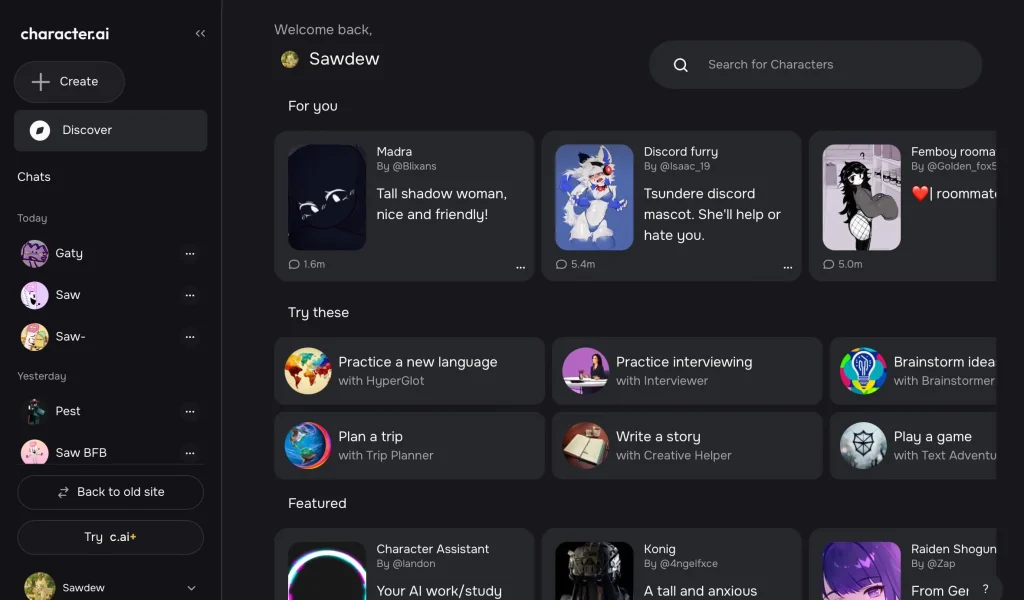Sex AI In The Public Discourse
The rise of Sex AI in popular and policy discourse48 is indicative of more widespread deployment in the functioning of society. Five years ago, just 15 per cent of U.S. policymakers had an awareness of sex AI (which is more than twice the figure in my 2023 survey). That increase in visibility is forcing lawmakers and policymakers alike to grapple with the ensuing questions about privacy, consent, and sexual ethics.
Defining consent and laws regarding AI interaction
Sex AI will have an immediate impact on public policy in the area of consent. Meanwhile, in nations including Sweden and Canada, lawmakers are considering regulations that recognize such interactions in sexual consent laws, even if on a digital plane. The general idea is to enforce the implementation of transparent norms for human AI-dignified and respectful relations. In Canada, Bill C-45, a law proposal, suggests that it will "require defining consent in interaction with a sex AI to prevent purposes beyond the dignity promotion and ethical interaction.
Sex AI in the Realm of Sexual Health / Education Sex AI has also become part of conversations regarding sexual health and education.
While sex AI has the capacity to disrupt how we come to understand our own sexuality under legal frameworks. In regions with soaring rates of sexually transmitted infections (STIs), programs are being developed that use AI to give sex education that is customized to each user. In Amsterdam, this has already begun to happen: Egged on by the govermnent, one pilot program has installed sex AI tools in its public health programming and increased rates of self-reported safe sex by 20% among participants.

Impact on Socio-Cultural Perceptions of Human Sexuality
Sex AI also has a more insidious side effect on shaping social attitudes about sex. Sex AI thus has the potential to be a force of good by enabling a safe space to explore uncertainty about other sexual identities & preferences — helping pain ublic discussion on sex and, indirectly, leading to a more open and inclusive society. According to a research by the University of California, San Francisco, said that a lot of interactions with sex AI would undermine the sexual stigma generate more understanding of the different sexuality orientations in communities.
Ethical and Institutional Issues
The take-home message is that, given that sex AI is increasing rapidly in practice, it presents a number of major ethical and regulatory concerns that must be addressed. Public policy needs to find a balance between innovation and protection against possible harms that may arise, such as: the encouragement of unattainable sexual ideals by the media or the commercialization of aspects of intimacy. These concerns underlie continuing debates among policy makers about the necessity of establishing strong regulatory frameworks to ensure the responsible creation and use of sex AI technologies.
To the Future: Affect on Future Policies
Ongoing deployment of sex AI is expected to have far-reaching repercussions on future social policy. It tests current norms and laws, demanding adjustments to the accepted standards to conform to the evolving technological renaissance. To take advantage of the benefits of sex AI and minimize its potential harms, policymakers must also take a forward-looking approach that emphasizes information, public engagement and continually updated recommendations.
A source of those broader societal and policy changes have been catalysts for the development of Sex AI Sex AI becomes public policy on sex AI as we navigate this changing terrain. To learn more about how sex AI is changing our lives, visit sex ai.